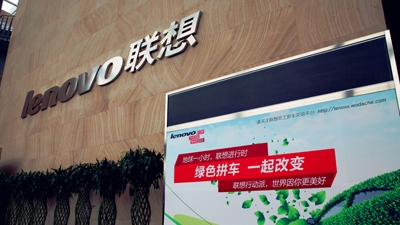Last week, Shao Kai, an engineer at Lenovo, registered at an online portal specifically designed by Wodache for Lenovo employees in Beijing. He logged in and got connected with a colleague who lives near him.
As a car owner, he offered a free ride to this colleague and became the first batch of users of this platform to carpool with colleagues at Lenovo.
This initiative, the first of its kind in China piloted under the Company-based Voluntary Traffic Demand Management (TDM) project, aims to introduce the practice of companies encouraging employees to voluntarily adopt green commuting, e.g. biking, metro/bus, carpooling, or working from home. The project is implemented by the World Bank with funding support from the Swiss Government.
Beijing is one of the busiest cities in the world with 5.2 million registered cars as of 2012 – most of car owners drive to work alone. This large number of cars on the road has caused severe congestion and air pollution, a problem that exacerbated this winter with dense smog and haze.
To begin with, the project assisted three companies in designing and implementing TDM initiatives to help improve their employees’ commuting efficiency, increases their use of green transport modes and measure potential environmental benefits. Lenovo, the world’s second largest PC maker, is the first company to be on the track.
“We have over 10,000 employees based in Beijing. Commuting is not just part of our daily life, but would also make a big impact on the city traffic and environment,” wrote Chen Xudong, President of Lenovo China, in his email calling on employees to join the green commuting initiative. “We need to think seriously about what we can do for the city.”
Encouraging employees to carpool is one of the green commuting activities Lenovo is implementing. The online carpooling platform entered open beta a week ago. Now 1,320 employees have registered and about 110 carpooling trips have been made in less than a week.

